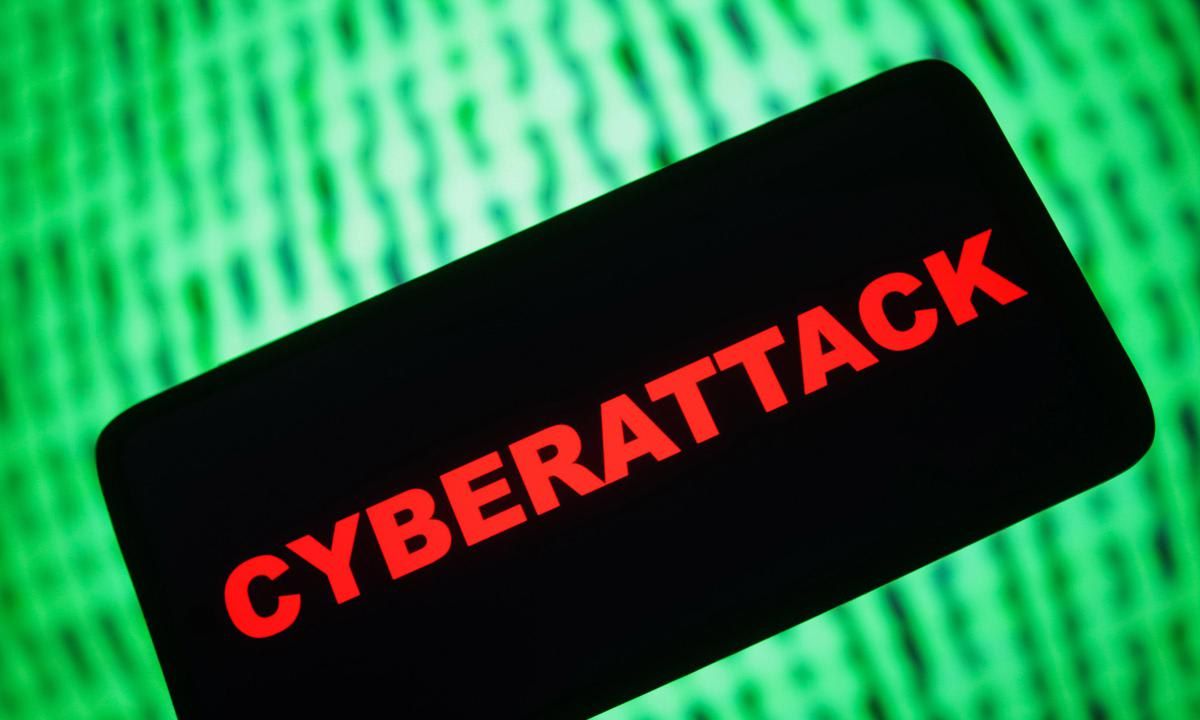If you are a millennial or part of previous generations, the thought of being a victim of a cyberattack was the least of your problems; in fact, it wasn’t a problem at all because you spent most of your childhood without the internet. But now, every day we are exposed to a breach in cybersecurity.
Every day, hackers get access to millions of emails, bank accounts, social security numbers, and social media accounts, but that is just a layer of all the things a cybercriminal can do.
To be prepared in extreme situations, Jane S. Hoffman, former Commissioner of Consumer Affairs for New York City, currently Senior Fellow at Harvard, and the author of the new book, Your Data, Their Billions: Unraveling. Simplifying Big Tech, shared with HOLA! USA ten call-to-action tips for making sure you are ready for an internet disaster:
How to plan for a cyberattack: 10 tips for protecting your data and profile
- Food and Water: When the electricity goes out, our refrigerators and freezers do so. Keep at least two gallons of water per person in your household on hand for drinking and at least two weeks of nonperishable foods in your pantry.
- Light: If our grids are disabled, the first thing we need is light. Make sure you have flashlights and fresh batteries on hand and candles and matches.
- Back it Up: Invest in portable power stations, backup generators, and/or solar-powered power sources to watch the news on your televisions or computers, and keep your phones charged to stay connected. Make a copy of your computer hard drive on an external storage device, screenshot, or even write down important phone numbers for friends and family on paper.
- Password Protect from Scams and Spam: Don’t share your passwords or pins. Period. And change them regularly. Create strong passwords using upper- and lowercase letters, numbers, and special characters. Opt-in to two-method verification systems where possible.
- Know Who is Emailing You: Don’t click on links or open email attachments from senders you don’t know. This is often how malware (and ransomware) is uploaded to your computer. Be especially aware that scammers can track down you and your vital information by sharing the most innocent photo of your home or workplace.
- Invest in a VPN Internet Connection: At home, and if you can afford it, use a VPN (Virtual Private Network). A VPN is, essentially, a private network within the ISP’s network that encrypts your internet connection. It hides your location, your search history, and your confidential information.
- Keep Cash On-Hand: ATMs function with electricity too. Keep a small stash of emergency cash “under the mattress.”
- Read Your Bank Statements, Check Your Credit Reports: Check your checking and credit card statements regularly for activity or charges you don’t recognize. And check your credit report regularly to ensure it doesn’t reflect accounts you didn’t open or loans that you didn’t initiate.
- Keep Your Cars Fueled or Charged: Most gas pumps also need electricity to function, and though gas stations are required to access alternative power sources, it is prudent not to let your gas tank go below half full. If you’ve got an electric car, charge it regularly to travel to the nearest hub of your choice.
- Count on Old School Mentality: Before the internet revolution, our parents and grandparents all had survival skills that, unfortunately, seemed obsolete. Ask the senior members of your family to share any other tips they think will help you live through a disaster. When you chat, you’ll see just how strong and inspiring those around you can be.
,type=downsize)
